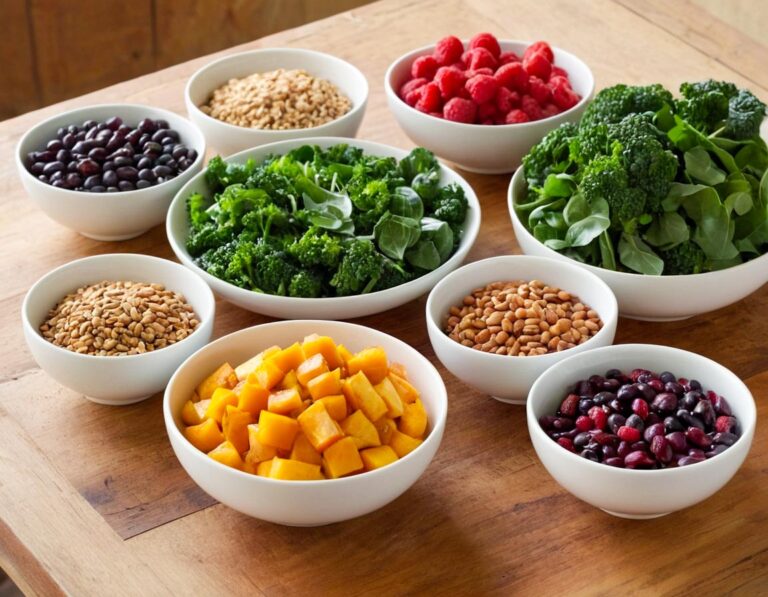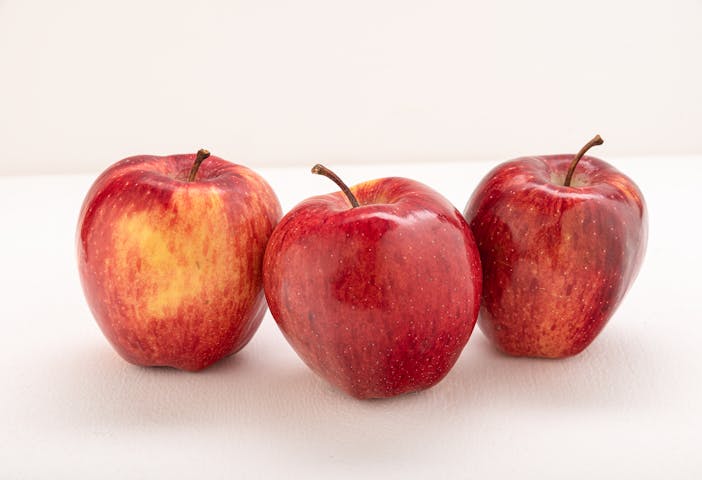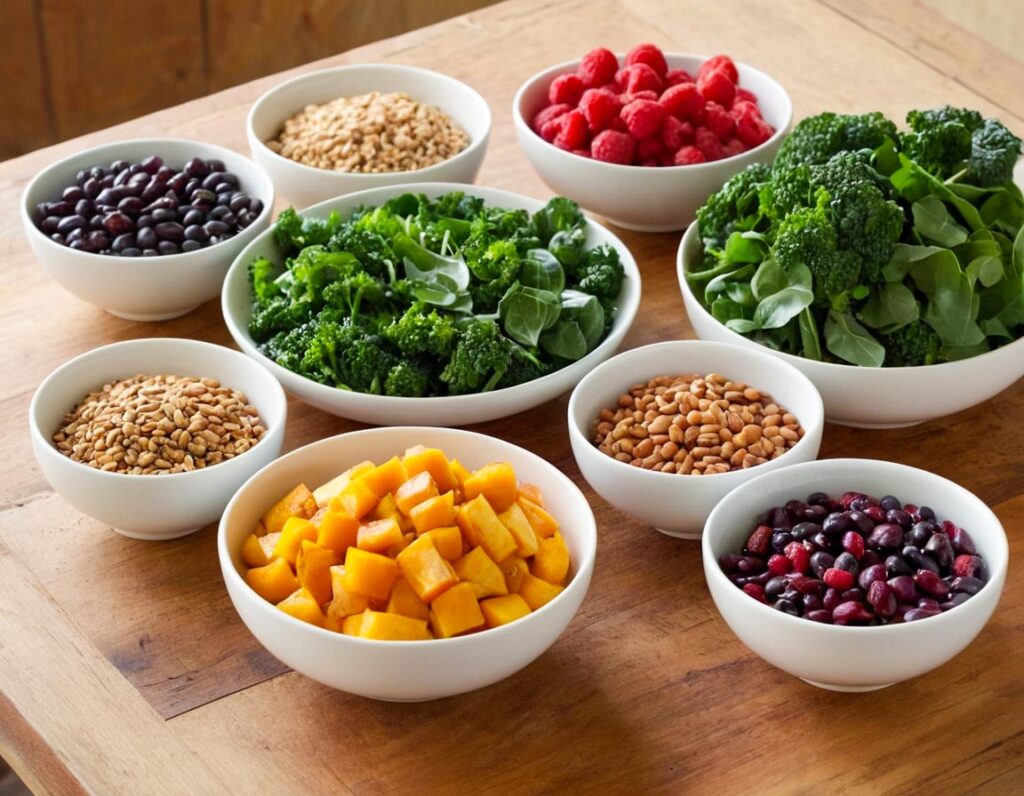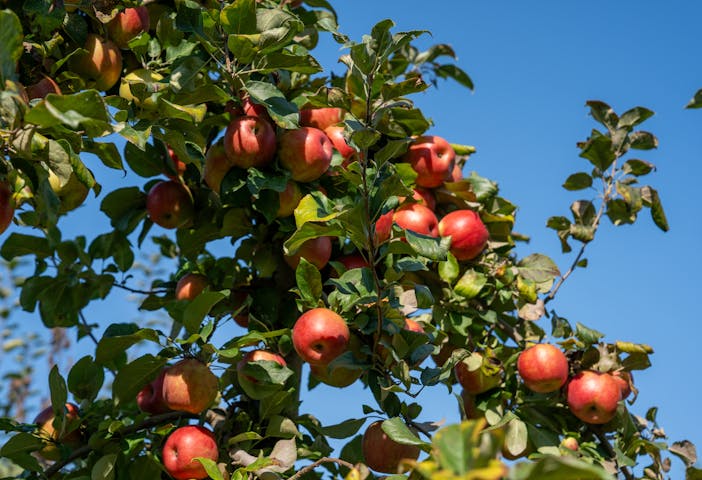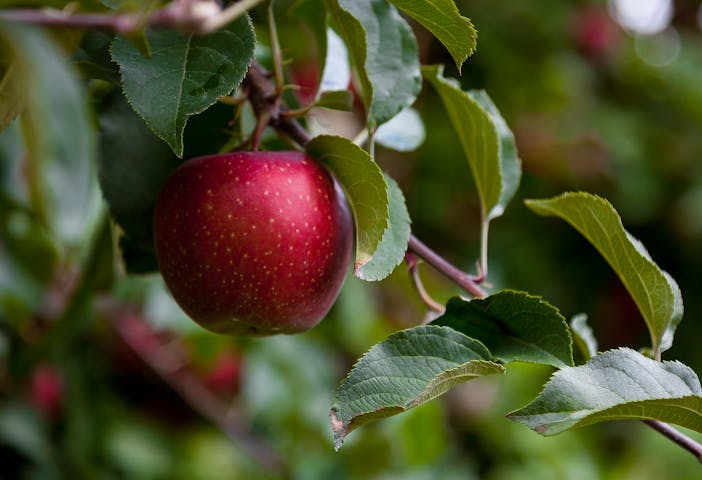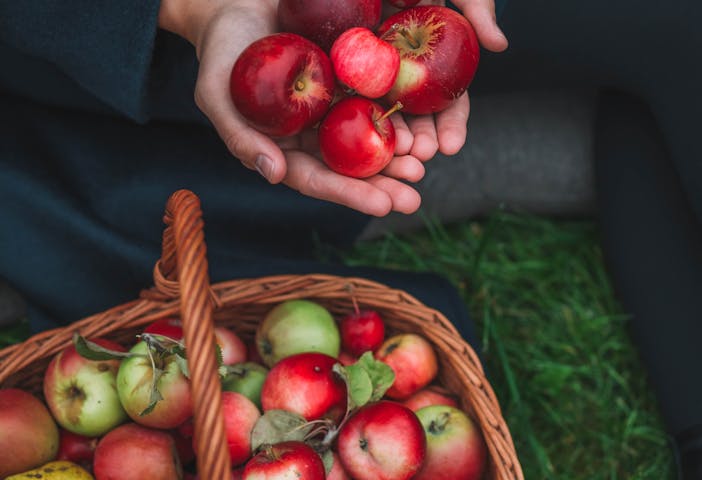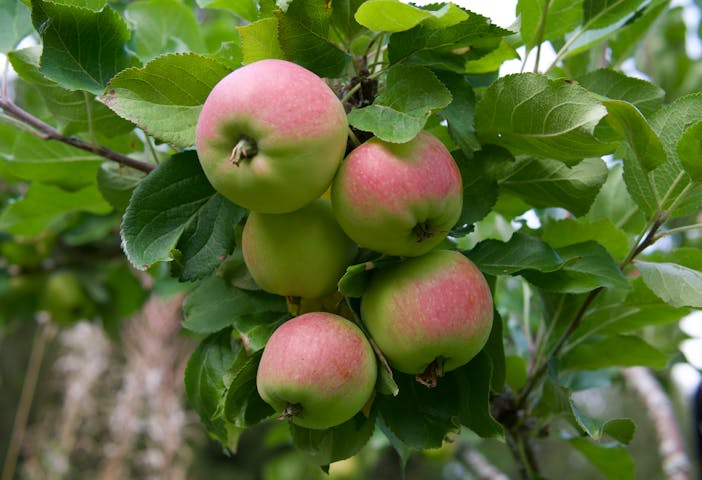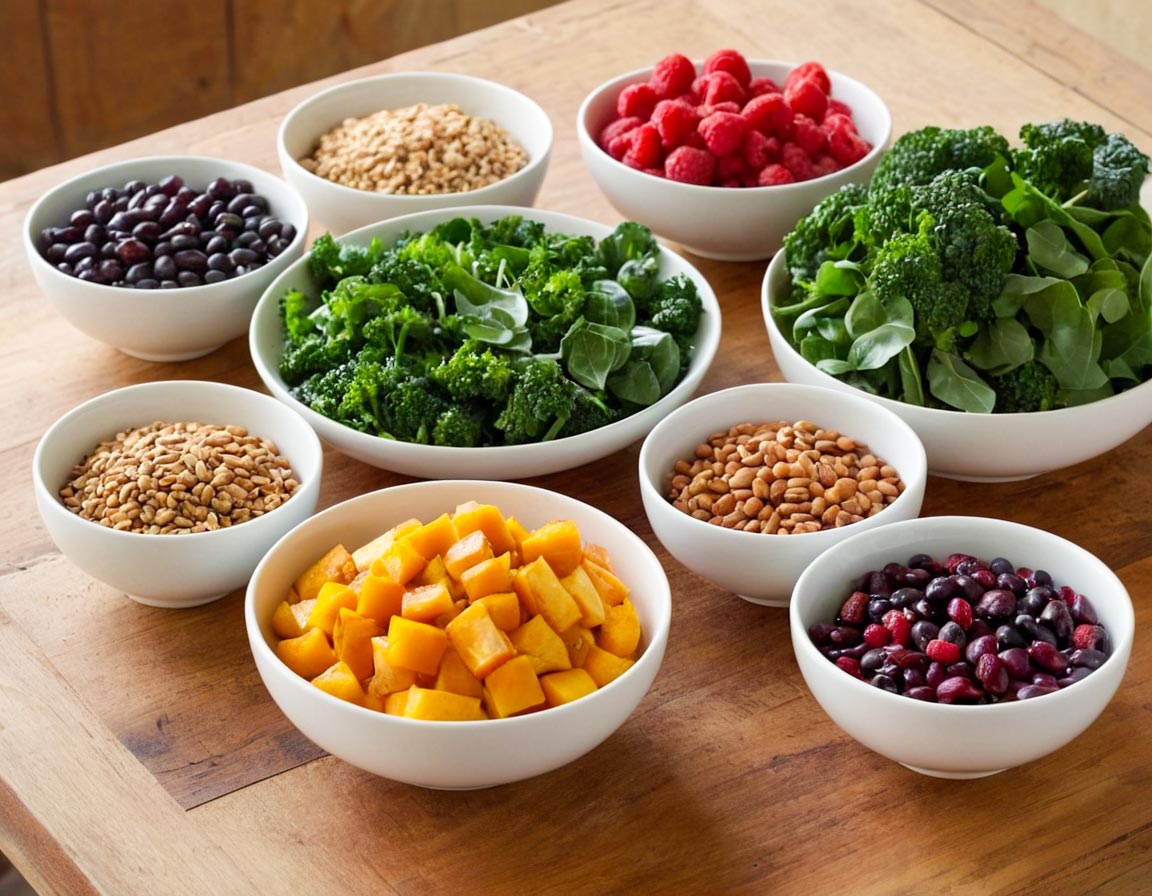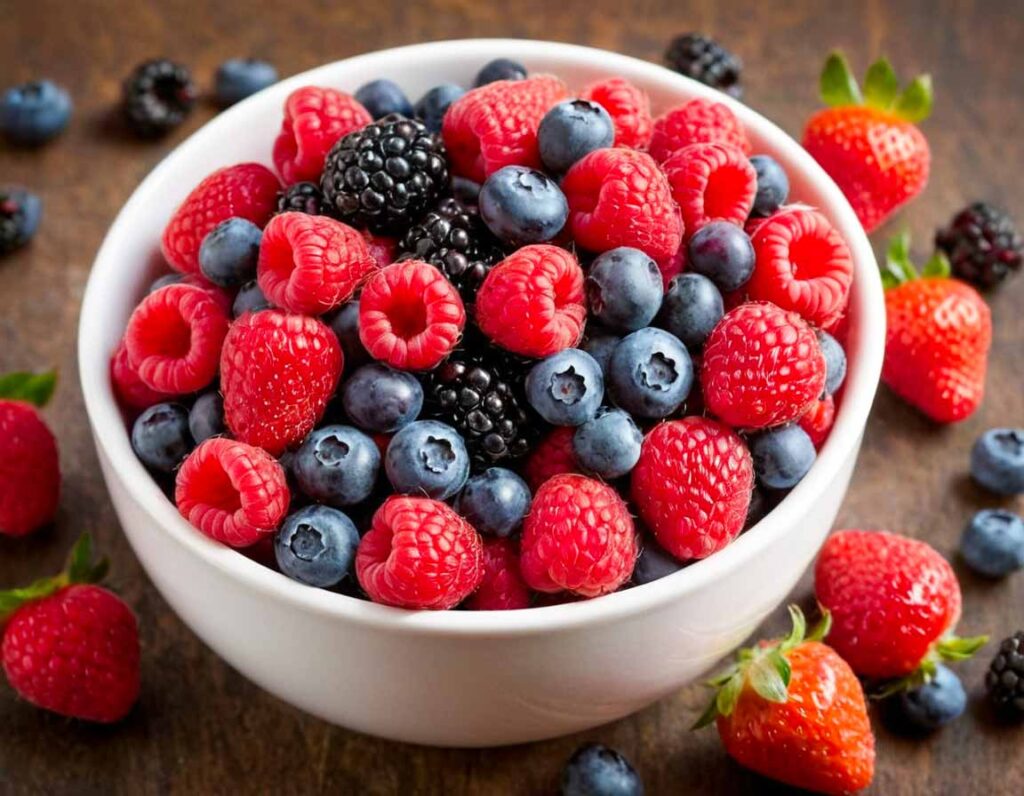
Bananas are one of the most popular fruits in the world, and it’s easy to see why. Packed with essential nutrients, naturally delicious, and incredibly versatile, they’re a powerhouse of health benefits. Whether you’re an athlete looking for an energy boost or someone seeking a healthy snack option, bananas are a fantastic choice. Let’s explore why they deserve a spot in your daily diet.
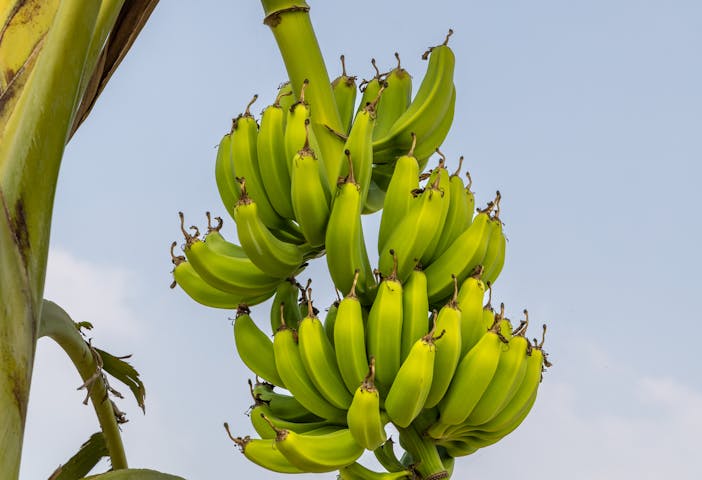
1. Packed with Nutrients
Bananas are rich in vital nutrients that support your overall health. A medium banana provides:
Bananas also contain natural sugars, which provide a quick energy boost without the crash associated with processed snacks.
2. Great for Digestion
Bananas are gentle on the digestive system and are often recommended for people with sensitive stomachs. Their fiber content helps regulate bowel movements, while their soothing properties can ease discomfort caused by acid reflux or an upset stomach. Additionally, bananas contain prebiotics that nourish beneficial gut bacteria.
3. Energy Boosting Power
Ever wonder why bananas are a go-to snack for athletes? Their combination of carbohydrates, potassium, and natural sugars makes them an ideal source of energy. They’re a great choice before or after exercise to replenish glycogen stores and prevent muscle cramps.
4. Heart Health Benefits
The high potassium content in bananas is linked to lower blood pressure and a reduced risk of heart disease. Potassium helps counteract the effects of sodium in your diet and supports the healthy functioning of your cardiovascular system.
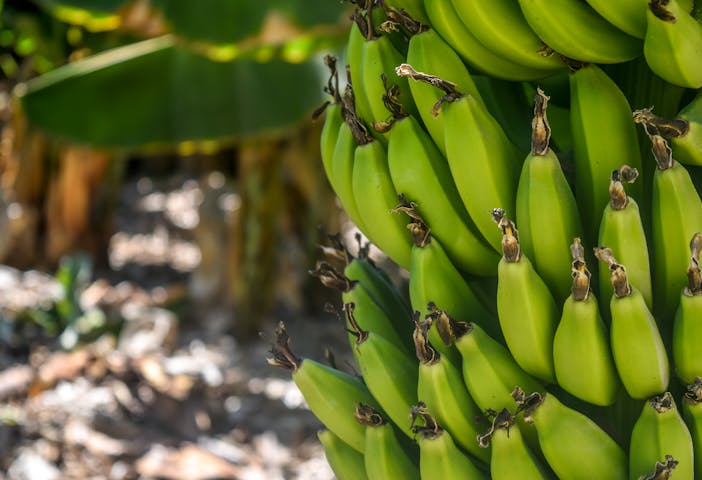
5. Supports Mood and Brain Health
Bananas contain tryptophan, an amino acid that your body converts into serotonin—the “feel-good” hormone. They also provide Vitamin B6, which plays a role in neurotransmitter production and overall brain health. Having a banana may brighten your mood and improve focus.

6. Versatile and Convenient
Bananas are one of the easiest fruits to incorporate into your routine. Eat them raw, slice them onto your cereal, blend them into smoothies, or bake them into treats. They come with their own protective peel, making them a perfect grab-and-go snack.
Conclusion Bananas are more than just a tasty fruit—they’re a nutritional ally, providing benefits for your heart, gut, energy levels, and more. With their affordability and convenience, there’s no reason not to add bananas to your diet. So next time you’re reaching for a snack, choose a banana—it’s a small step toward a healthier lifestyle.
ADS

